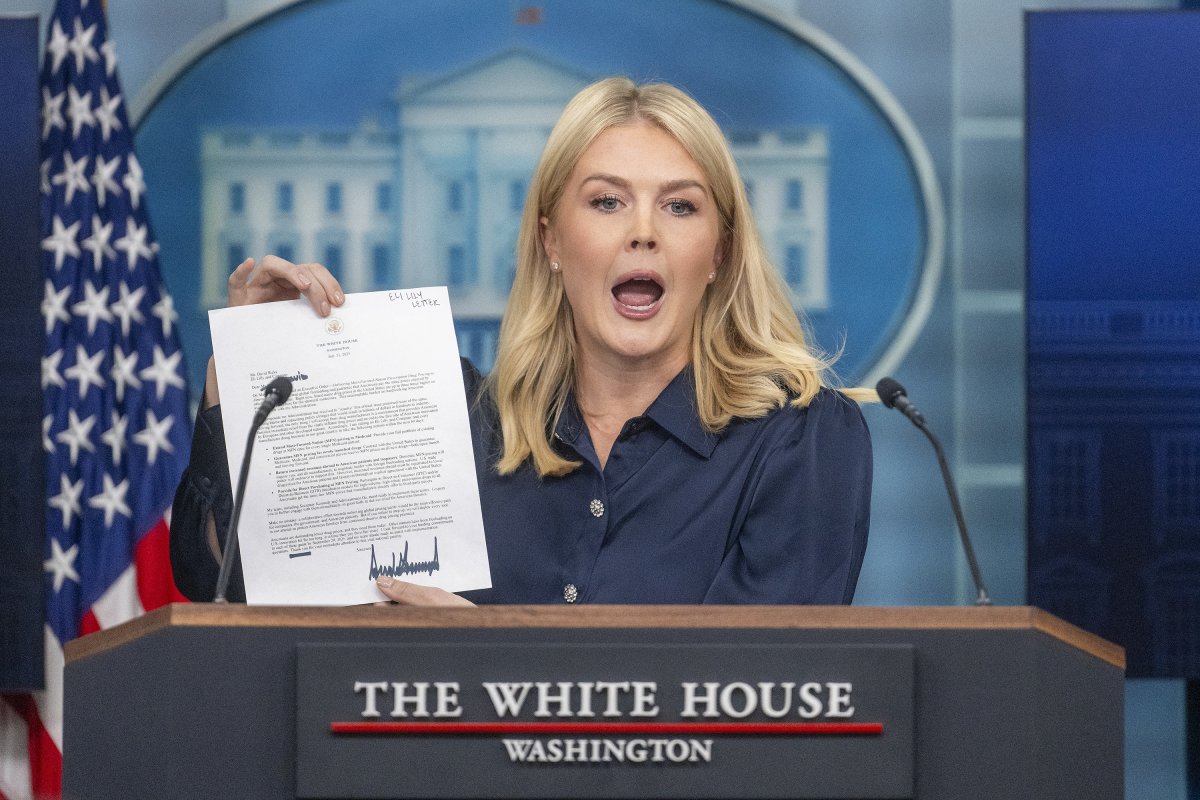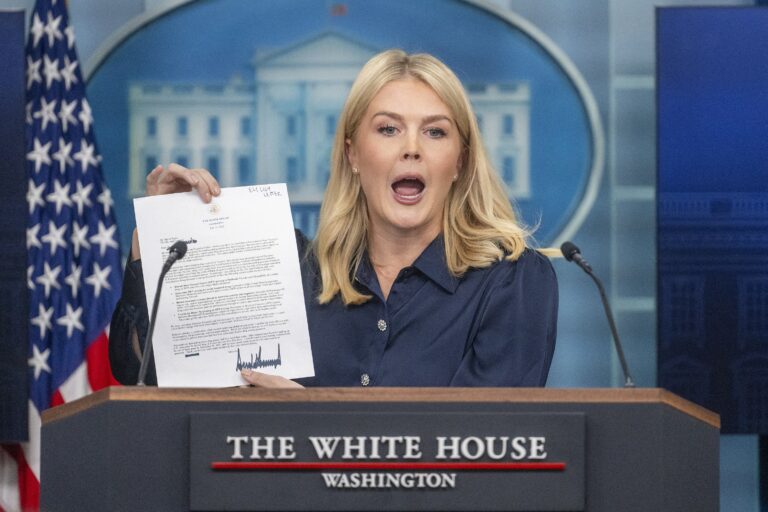President Donald Trump has signed and sent out letters to the heads of 17 pharmaceutical companies urging them to take several steps over the next 60 days to bring down drug prices for Americans.
Why It Matters
The pharmaceutical industry is under increased pressure resulting from recent data showing that Americans pay more than three times what other Organization for Economic Cooperation and Development (OECD) countries pay for brand-name pharmaceuticals, even after accounting for U.S.-specific discounts.
The United States, which comprises less than 5 percent of the world’s population, is responsible for roughly 75 percent of global pharmaceutical profits, according to a press release in May from the Department of Health and Human Services.
President Donald Trump’s latest initiative aims to force pharmaceutical companies to address these high prices directly, warning of further executive actions if companies do not comply in the next two months.
What To Know
White House press secretary Karoline Leavitt announced the initiative at Thursday’s press briefing while the president posted each letter to his Truth Social account, including a letter to Eli Lilly and Company on which Trump made an edit to directly address CEO David Ricks on a first-name basis.
Other companies that Trump sent letters to included AbbVie, Amgen, AstraZeneca, Boehringer Ingelheim, Bristol Myers Squibb, EMD Serono, Genentech, Gilead, GSK, Johnson & Johnson, Merck, Novartis, Novo Nordisk, Pfizer, Regeneron, and Sanofi.

Jim Watson/AFP via Getty Images
Trump laid out four actions that the companies can take in the next two months to achieve his desired price drop:
Extending “most-favored-nation pricing” to Medicaid, ensuring the U.S. pays no more than the lowest price offered in other developed nations.Guaranteeing that new drugs launched in the U.S. are not sold at lower prices abroad.Returning any increased pharmaceutical revenues from overseas to American patients and taxpayers.Allowing direct consumer purchasing at globally competitive prices.
“My team, including Secretary Kennedy and Administrator Oz, stand ready to implement these terms,” Trump wrote. “I expect you to further engage with them immediately, in good faith, to deliver relief for American families.”
The initiative specifically warned companies that refusal to act would prompt the administration to “deploy every tool in our arsenal to protect American families from continued abusive drug pricing practices.”
What People Are Saying
Health and Human Services Secretary Robert F. Kennedy Jr. said in May: “For too long, Americans have been forced to pay exorbitant prices for the same drugs that are sold overseas for far less. That ends today. We expect pharmaceutical manufacturers to fulfill their commitment to lower prices for American patients, or we will take action to ensure they do.”
Stephen J. Ubl, president and CEO of the Pharmaceutical Research and Manufacturers of America (PhRMA), said in May: “Importing foreign prices will cut billions of dollars from Medicare with no guarantee that it helps patients or improves their access to medicines. It jeopardizes the hundreds of billions our member companies are planning to invest in America, making us more reliant on China for innovative medicines.”
What Happens Next
The letters gave pharmaceutical companies a 60-day window to present a viable plan to reduce U.S. drug prices, particularly by matching the lowest international rates.
Administration officials, including Kennedy and CMS Administrator Mehmet Oz, were tasked with negotiating compliance with the “most-favored-nation” benchmarks.
If the pharmaceutical companies refuse to meet the demands, the federal government has warned it could pursue additional regulatory or enforcement action.
Update 7/31/25, 3:30 p.m. ET: This article was updated with additional information.


